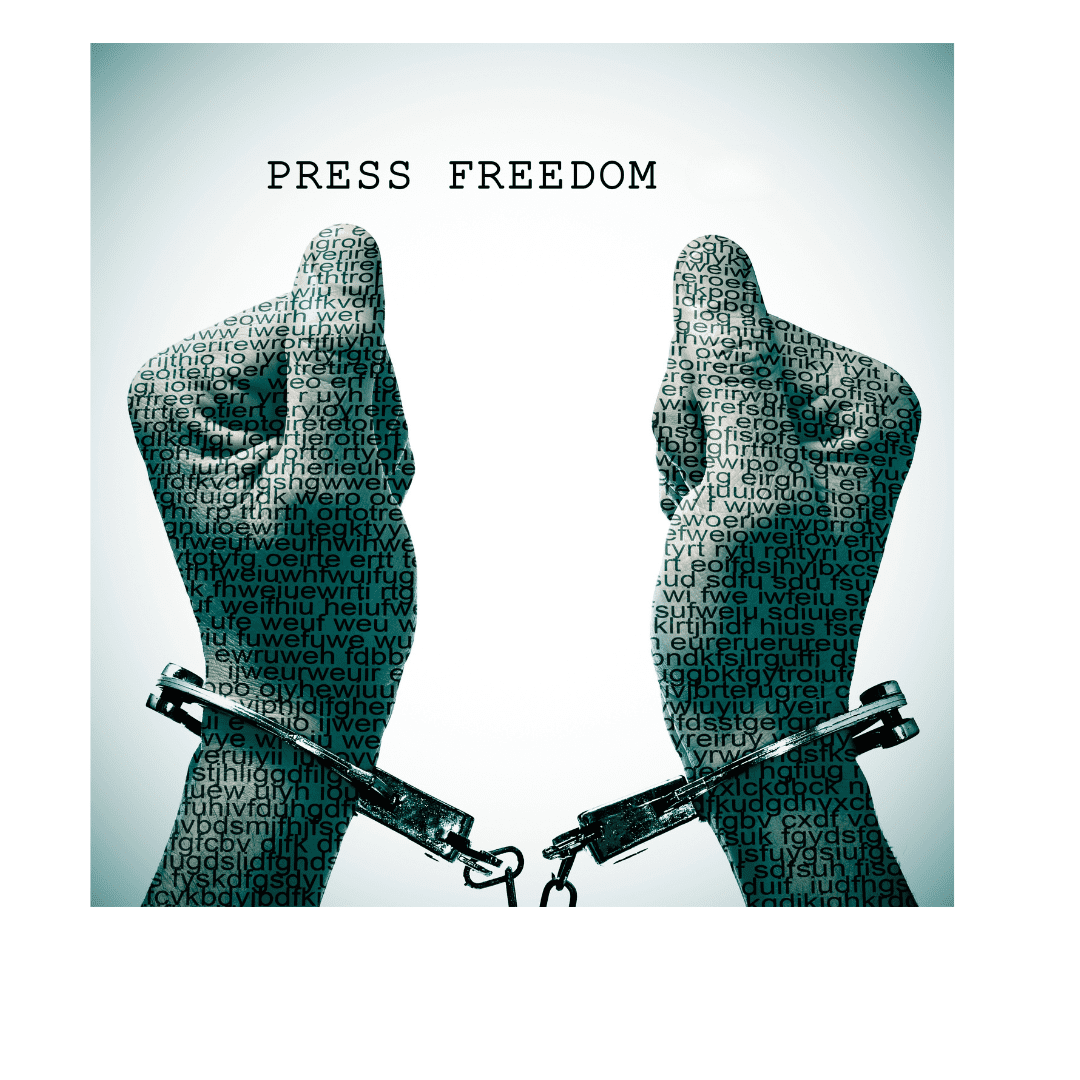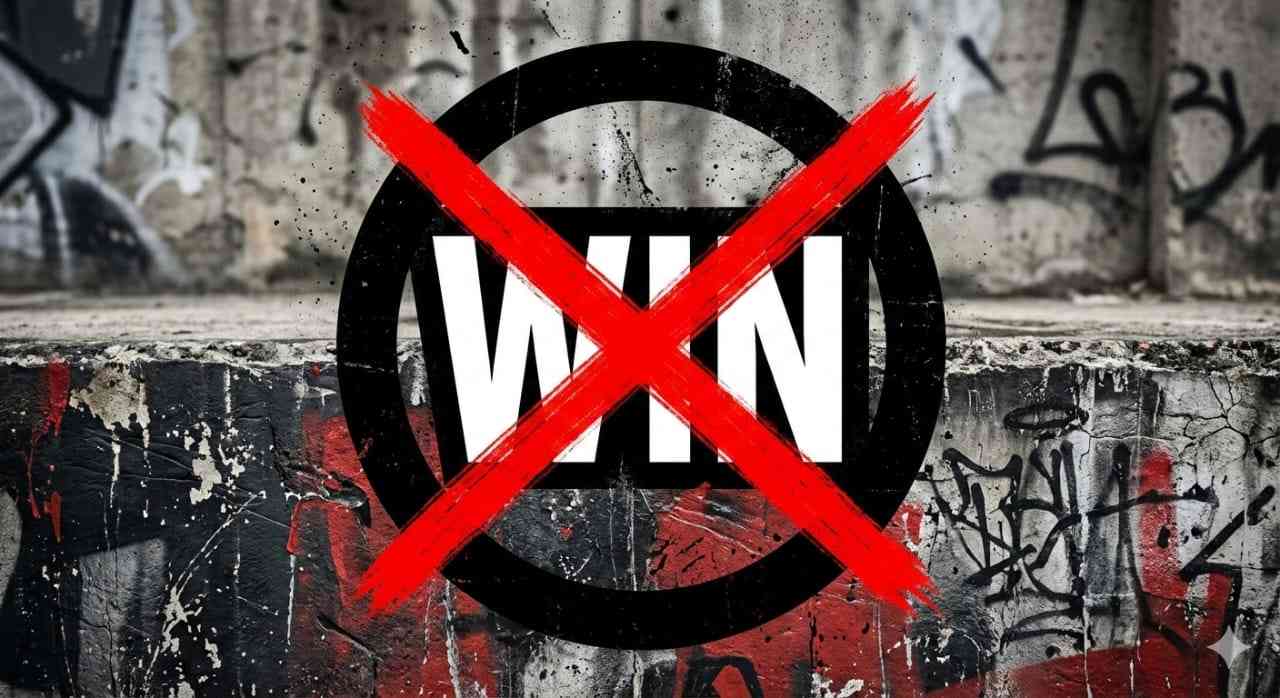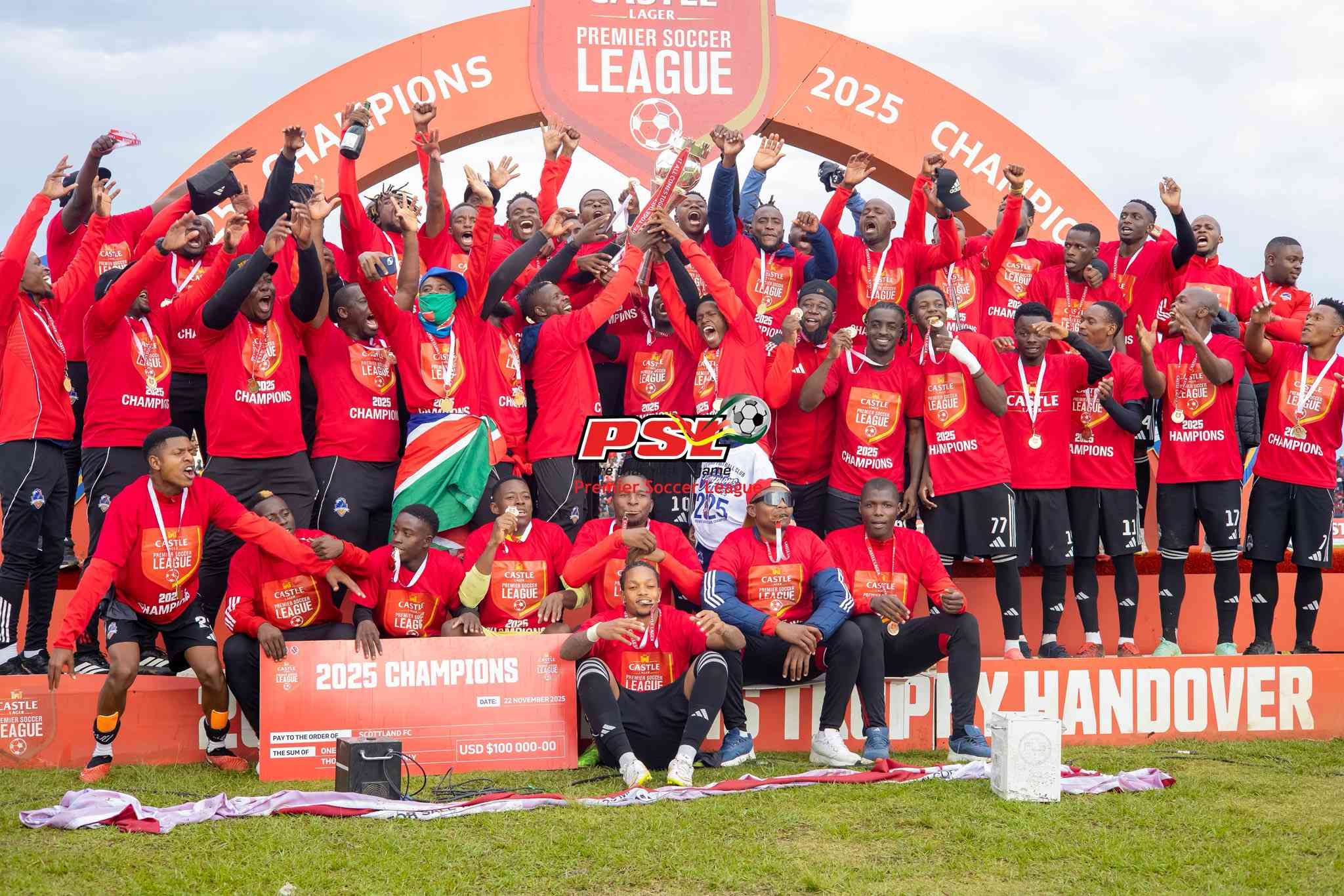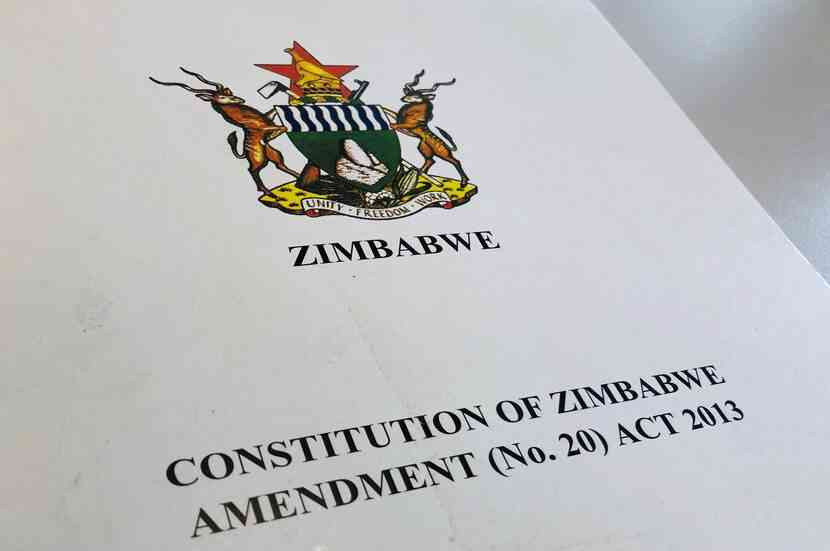
Media freedom is the lifeblood of democracy a truth that remains as vital for Zimbabwe today as it was during the country’s long struggle for independence.
Yet, decades after gaining political freedom, Zimbabwe’s journalists continue to work under the heavy shadow of repression, intimidation, and outdated legislation.
At the ongoing Southern Africa Media Summit in Harare held under the theme Strengthening Independent Journalism for Democracy and Nation Building media practitioners and press freedom advocates once again called on the government to repeal colonial-era and repressive laws that continue to stifle the free flow of information.
Their message is clear: democracy cannot flourish in an environment where journalists are persecuted for doing their jobs.
Alpha Media Holdings (AMH) chairman Trevor Ncube sounded the alarm on the declining state of press freedom across southern Africa, identifying repressive legislation as the primary cause.
“Across southern Africa, 87% of attacks on journalism involve State actors, with the police being responsible for most of them,” Ncube said.
“Our press freedom rankings are falling.
“Repressive laws such as the Criminal Law (Codification and Reform) Act and the Cyber and Data Protection Act must go.”
- In Conversation With Trevor: Munyati: Sports, arts are viable careers
- In Conversation with Trevor: Bango: ‘Street wisdom’ shaped me
- In Conversation With Trevor : Diplomatic posting was a mistake: Chihombori-Quao
- I’ve been a victim of racism in classical music: Mhambi
Keep Reading
His words echoed a painful reality in Zimbabwe one where journalists often operate in fear of arrest, harassment, and digital surveillance.
Zimbabwe’s constitution guarantees freedom of expression and of the media, yet the implementation of these rights remains inconsistent and selective.
The same government that celebrates national independence often enacts laws and policies that mirror the colonial repression it once fought against.
For instance, the Criminal Law (Codification and Reform) Act criminalises the publication of falsehoods, a vague clause that has been weaponised against journalists and activists.
Similarly, the Cyber and Data Protection Act while ostensibly designed to regulate online activity has been used to police dissent on social media, limiting the space for public debate.
As Helen Sithole of the Media Institute of Southern Africa (MISA) Zimbabwe observed, “We are making some positive progress, but when we look at our laws, they need further alignment with the freedoms echoed in our constitution.”
Her point highlights a persistent contradiction: Zimbabwe’s legal framework formally enshrines press freedom, yet its media environment remains fraught with fear and self-censorship.
Laws that should protect journalists are instead being used to punish them, while powerful officials use state-controlled media to amplify propaganda and silence alternative narratives.
The role of the press as the “fourth estate” a watchdog over the powerful cannot be overstated.
Journalists expose corruption, hold leaders accountable, and give voice to the voiceless.
When this role is undermined, citizens lose their right to know, and democracy itself becomes hollow.
The absence of a free press creates fertile ground for corruption, abuse of power, and misinformation.
Without independent scrutiny, government decisions escape accountability, and citizens are left in the dark about issues that affect their daily lives — from governance and public finance to human rights and service delivery.
This erosion of press freedom is not unique to Zimbabwe.
As Judie Kaberia, acting country director of the Friedrich Naumann Foundation in Kenya, shared at the summit, journalists across the continent face similar challenges.
In Nairobi, she said, the government has gone as far as shutting down broadcast signals and targeting journalists physically.
“The police went out and they targeted the journalists. And then they went to the satellites where they have their signals and they switched off the signals,” she recounted.
Her testimony underscores how state power can be abused to silence dissenting voices — a tactic that transcends borders and weakens democracy across Africa.
However, Kaberia also offered a model of resistance and solidarity.
“What we did is to work very fast with civil society, the Law Society of Kenya and other organisations,” she explained, stressing the need for synergy between civil society and development partners to defend press freedom.
This collaborative approach is precisely what Zimbabwe needs: a united front among journalists, human rights defenders, lawyers, and the international community to push back against repressive tendencies.
Kaberia’s words resonate deeply: “If we don’t have freedom of the media, if the media cannot speak for the people, then no one else will speak.” Indeed, a free press is not just a privilege for journalists — it is a fundamental pillar of citizenship.
It empowers communities to make informed decisions, participate meaningfully in governance, and demand accountability from those in power. When the press is silenced, the people are silenced too.
In Zimbabwe, journalists have long faced harassment for exposing corruption and maladministration.
From the arrests of investigative reporters like Hopewell Chin’ono to the routine intimidation of local media houses, the pattern is consistent: those who challenge power face punishment.
Such tactics not only erode public trust in institutions but also create a culture of fear that discourages critical inquiry and civic engagement.
Yet, amid these challenges, Zimbabwe’s media continues to show resilience. Independent outlets such as The Standard, NewsDay, and The Zimbabwe Independent persist in telling difficult stories, often at great personal risk to their reporters.
Civil society organisations, including MISA Zimbabwe and the Zimbabwe Union of Journalists, continue to advocate for legislative reform and protection of press rights.
Their courage reminds us that the struggle for media freedom is, at its core, a struggle for national integrity and democratic renewal.
Protecting press freedom in Zimbabwe requires more than rhetoric; it demands genuine political will.
The government must move beyond token gestures and take concrete steps to align domestic laws with the constitution and international human rights standards.
This includes repealing or amending repressive legislation, ensuring the safety of journalists, and guaranteeing equitable access to information.
Law enforcement agencies must also be trained to respect the role of the media and refrain from arbitrary arrests or violence against journalists.
Moreover, citizens must recognise that press freedom is their freedom too. Supporting independent journalism by reading, sharing, and defending it is an act of civic responsibility.
The media cannot hold power to account without the public’s engagement and protection.
As Zimbabwe positions itself for future elections and national rebuilding, the importance of an independent press cannot be overstated.
A nation that silences its watchdog weakens its own foundations.
True nation-building begins with truth-telling and that requires a free, fearless, and protected press.
*Gary Gerald Mtombeni is a journalist based in Harare. He writes here in his personal capacity. For feedback Email [email protected]/ call — +263778861608











